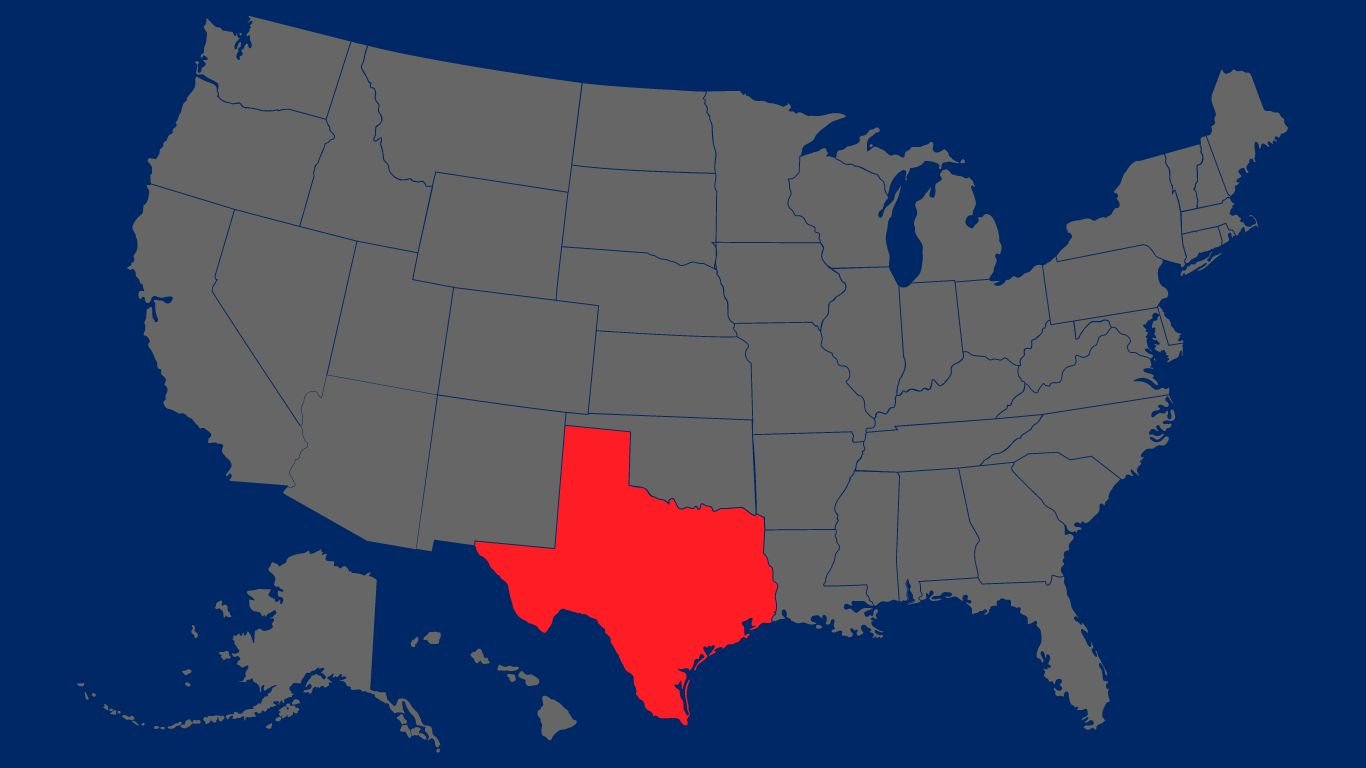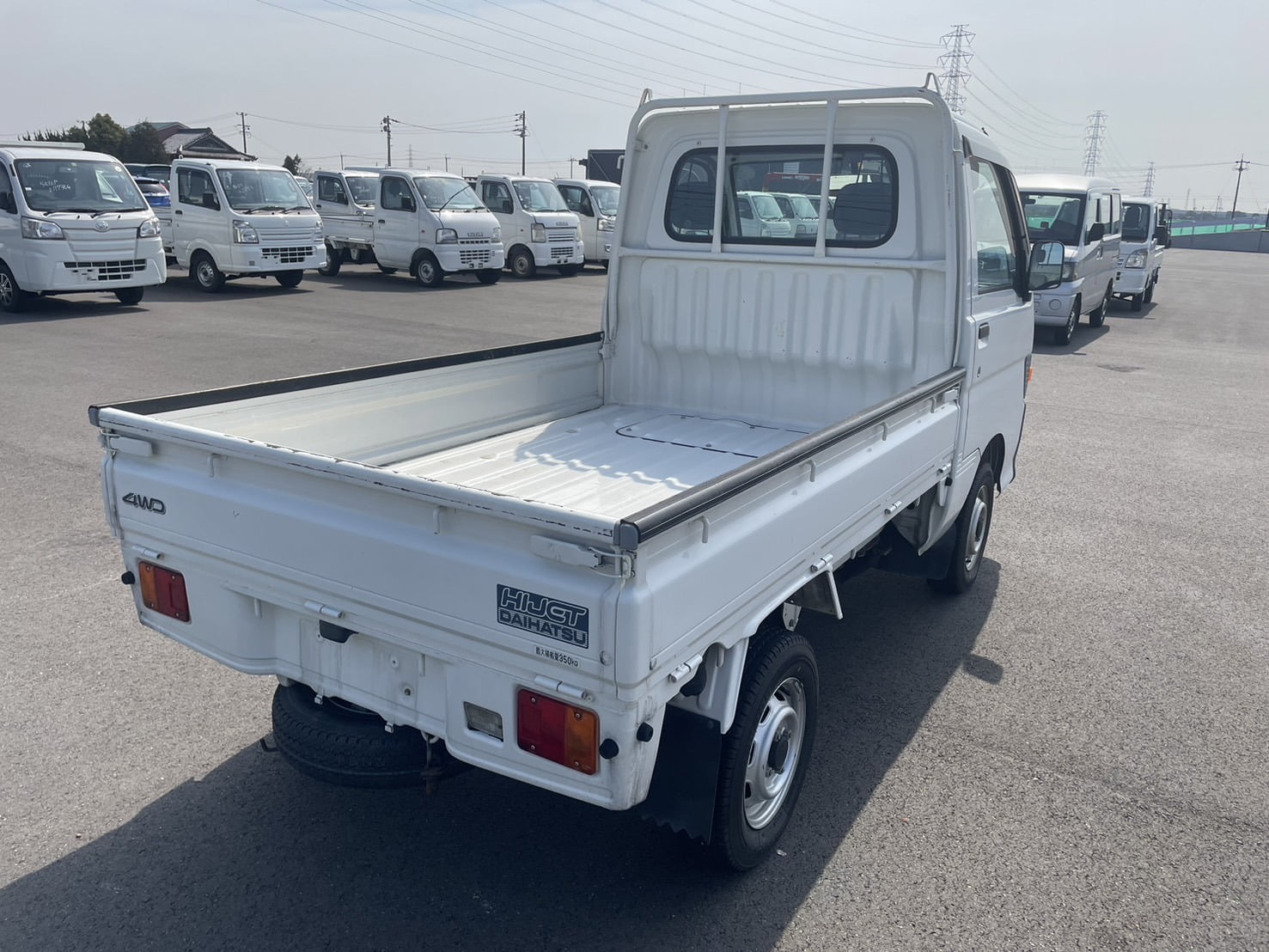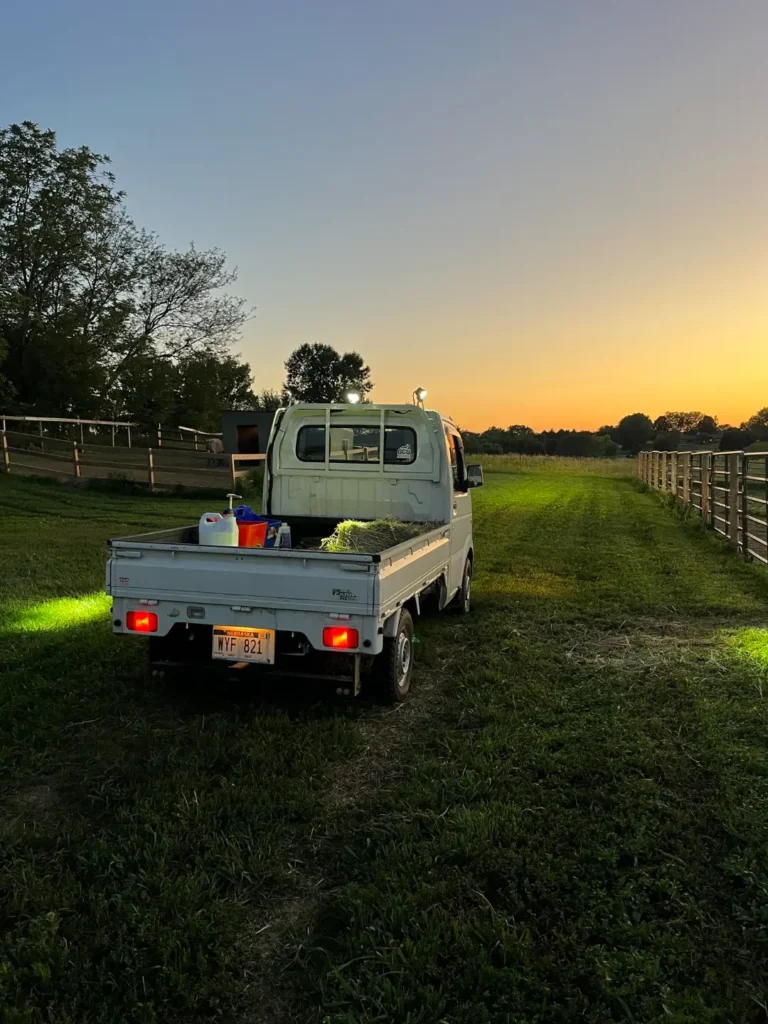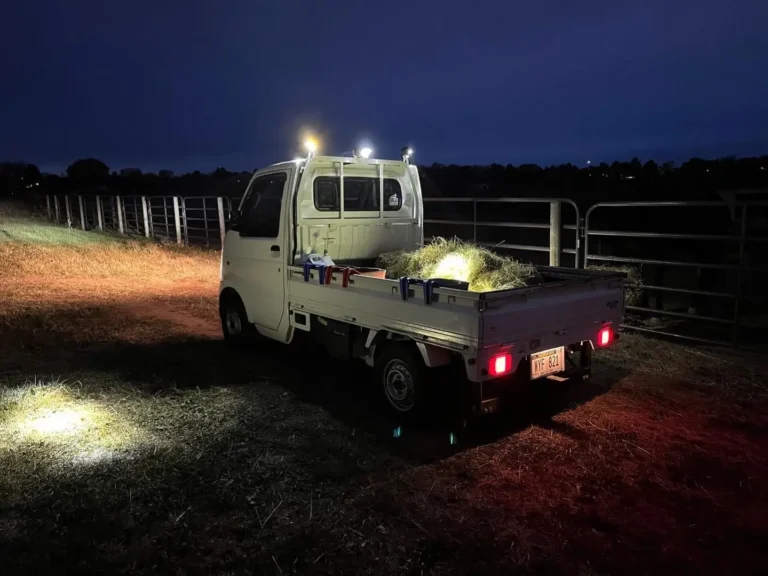In a pivotal move, Texas becomes the first state to successfully overturn restrictions on imported vehicles, marking a significant victory for kei enthusiasts! For decades, imported car bans, driven by the Imported Vehicle Safety Compliance Act of 1988, have stifled the diversity of vehicles on US roads, particularly affecting noncompliant cars from Japan. Texas’ triumph in this battle not only reinvigorates the state’s rich automotive culture but also paves the way for economic growth within the industry. This development, keenly awaited by Texan car lovers and industry stakeholders, may set a precedent for other states to follow, potentially reshaping America’s automotive landscape to embrace a broader range of international vehicles (especially kei trucks).

Introduction to Texas’ Stand on Imported Car Bans
Understanding the Imported Car Ban Controversy
For years, car enthusiasts across the United States, including you, might’ve faced significant challenges due to state-level bans on imported vehicles, especially those from Japan. These bans originated from the Imported Vehicle Safety Compliance Act of 1988, which aimed to protect American consumers by ensuring that all vehicles on the road met the Federal Motor Vehicle Safety Standards (FMVSS). The act restricted the importation of non-compliant vehicles unless they were at least 25 years old or modified to meet U.S. standards.
The controversy heated up when states like Maine updated their laws, classifying any non-FMVSS compliant vehicle as off-road. This led to the revocation of registrations for vehicles like the Mitsubishi Delica vans. This move set a precedent that other states began to follow, much to the dismay of imported car owners.
Texas’ Automotive Industry at a Glance
Texas, known for its robust automotive industry and a culture that values personal freedom in vehicle ownership, found itself at the center of this controversy. The state’s car enthusiasts and small business owners who depended on these imported vehicles were significantly affected by the restrictive policies. The bans not only limited the diversity of vehicles on Texan roads but also posed potential economic drawbacks for those involved in the import and sale of these unique vehicles.
Key Players in the Battle Against Kei Truck Bans
The fight against the imported car bans in Texas saw a coalition of key players, including the Texas Kei Truck Advocates, state lawmakers, and the Texas Department of Motor Vehicles (DMV). These advocates put together a compelling argument to the Texas DMV and Governor Greg Abbott. They pointed out the federal legality of Kei trucks, their difference from limited-speed mini trucks, and the negative impact that banning these vehicles would have on small businesses.
Their efforts were met with support from Texas State Representative Gene Wu and other lawmakers, leading to a policy reversal that allowed for the registration of Kei trucks. This win for Texas car enthusiasts not only overturned the restrictive policies but also positioned Texas as a leader among states recognizing the importance of vehicle ownership choice. The Texas DMV is expected to reflect this change in its upcoming Texas Vehicle Title Manual, enabling owners to title and register their Kei trucks without issue.
This development might inspire other states to reconsider their stance on imported vehicle bans. It could potentially lead to a broader acceptance of diverse vehicle types on American roads. However, the journey for advocates in other states goes on, as they work to secure similar freedoms in their regions.

The Legal Battle Ensues
Overview of the Legislation
The 1988 act became a significant obstacle for those who favored unique and often safer Japanese models that were not designed for the U.S. market.
Arguments from the Opposing Sides
The debate featured contrasting viewpoints. The AAMVA, a powerful non-profit organization, recommended that states adopt “best practices” by prohibiting vehicles that did not comply with FMVSS. They even suggested that states should amend their laws to legalize such prohibitions if necessary.
Conversely, car enthusiasts and consumer advocacy groups contended that these vehicles were essential for small businesses and personal use, and that the prohibitions were overly restrictive and detrimental to economic and personal liberties.
The Role of Consumer Advocacy Groups
These groups were instrumental in contesting the prohibitions. They collaborated with state lawmakers and the DMV, presenting detailed documents that highlighted the significance of these vehicles, their safety records, and their compliance with federal regulations.
Their efforts emphasized the detrimental effects the prohibitions would have on small businesses and underscored the broader implications for vehicle ownership freedom in the state.
Timeline of the Legal Proceedings
The legal proceedings spanned several years, with enthusiasts encountering difficulties in titling and registering their imported vehicles in various states. In Texas, the struggle with Kei truck registration dates back to at least 2011.
However, the persistent efforts of advocacy groups and supportive legislators led to a notable victory. Representative Wu, among others, exerted legislative influence, culminating in a policy change. Texas became the first state to officially reverse the measures initiated in 2021.
The DMV agreed to revise its policies, and the forthcoming edition of the Texas Vehicle Title Manual is anticipated to incorporate the new stance on Kei trucks. This signifies a broader acknowledgment of the importance of personal choice in vehicle ownership and may encourage other states to re-evaluate their positions on imported vehicle prohibitions.

The Decisive Victory for Texas
Unpacking the Ruling
The Lone Star State has achieved a landmark legal success by being the first to allow the use of imported Kei trucks. This outcome is the result of persistent legal and regulatory challenges. The reinterpretation of the Imported Vehicle Safety Compliance Act had previously prevented owners from using their imported vehicles on public roads.
The policy shift by the Texas DMV was driven by persistent efforts from local advocates and lawmakers, signifying a substantial alteration in the state’s approach to vehicle importation and registration.
Impacts on Local Car Dealerships
The lifting of the ban is expected to have a considerable effect on local car dealerships and businesses. They can now expand their inventories to include these distinctive vehicles, which could lead to increased sales and economic growth within the automotive sector.
Small businesses, in particular, may benefit from this change, as they were previously constrained by the types of vehicles they could offer.
Reactions from the Auto Industry
Stakeholders within the auto industry have responded positively to the legalization of Kei trucks for street use. This decision is interpreted as an acknowledgment of the significance of consumer choice and diversity in the automotive market. There is optimism that this could influence other states to adopt more open policies regarding vehicle diversity.
Future Implications for Other States
The success in Texas could serve as a catalyst for change in other states with similar restrictions. The Texas campaign might motivate car enthusiasts and legislators to pursue changes in their respective states, potentially leading to a more inclusive automotive market nationwide.
While each state has the autonomy to regulate which vehicles can traverse their roads, the Texas case provides a model for advocacy and legislative action that could transform the U.S. automotive landscape.
Looking Ahead: The Future of Car Import Laws
Potential Nationwide Effects of Texas’ Precedent
The recent policy reversal in Texas, which now allows Kei trucks to be street legal, marks a significant shift in the landscape of car import laws in the United States. This change has provided relief to enthusiasts and small businesses dealing in these vehicles. It’s also set a precedent that could influence policies across the nation.
As Texas publishes its updated Vehicle Title Manual, other states might take note. This could lead to a domino effect, prompting a reevaluation of restrictive import laws elsewhere, especially in states where similar bans have been enacted.
Upcoming Legislative Challenges
Despite the victory in Texas, car enthusiasts in other states still face significant hurdles. The AAMVA, with its influence over motor vehicle administrators and law enforcement across the U.S., has been discouraging the use of Kei trucks on state roads.
Their guidance has evolved into a more definitive stance, urging states to adhere to FMVSS. Legislative efforts will need to tackle these challenges. They must push for more nuanced regulations that consider the safety and utility of imported vehicles without blanket bans.











